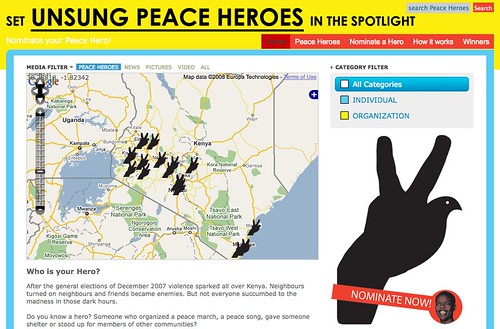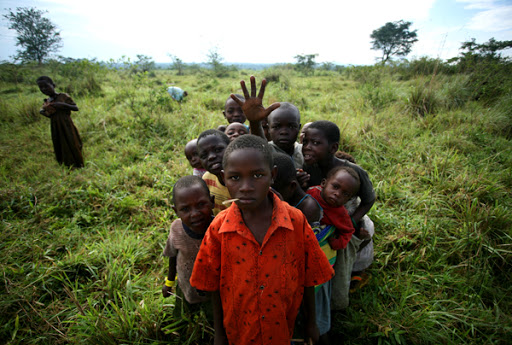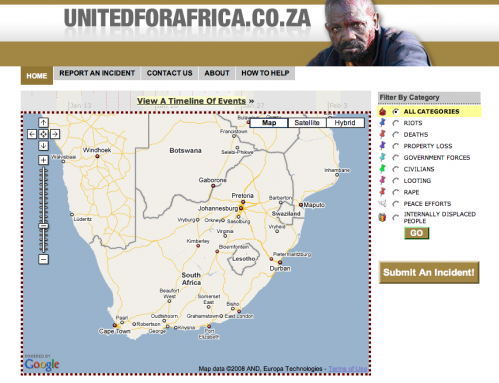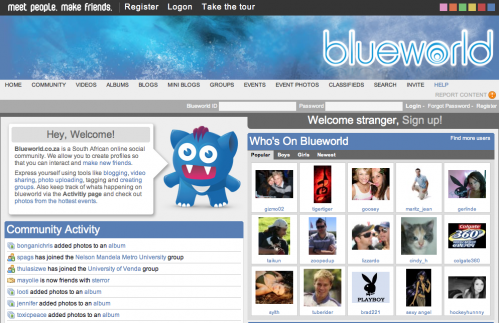 There have been a couple new entrants into the mobile and web space in Africa that I haven’t had a chance to review adequately. One of them is The Grid, by Vodacom. Also in this post is a new documentary on mobile phone use in Africa.
There have been a couple new entrants into the mobile and web space in Africa that I haven’t had a chance to review adequately. One of them is The Grid, by Vodacom. Also in this post is a new documentary on mobile phone use in Africa.
The Grid (Tanzania)
“The grid connects your cellphone and web browser into a social network that is aware of where you are. It uses cellphone mast triangulation to detect where you and your friends are and helps you leave notes on the places you go to”
The Grid launched into Tanzania in April. According to Vincent Maher, who heads up the project, there has been very favorable growth rates of the service.
Besides being a well designed and well integrated mobile/web social network, what I’m really looking forward to hearing about is The Grid’s location-based advertising unfold. For launch, they have partnered with Nandos, Sportscene, Jay Jays and Synergy pharmacies to deliver advertising within radii ranging from 0 – 10km from a users physical location. Vodacom has the muscle to pull this type of thing off, and the connections to create the advertiser relationships.
The Grid is really a direct competitor to Google Latitude (I’ve written about this here), something I’m really excited to see coming out of Africa.
Hello Africa
A documentary about mobile phone culture in Africa. I was excited to see the trailer for this last month, and the full version is now available. Find out more at ICT4D.at
Hello Africa from UZI MAGAZINE on Vimeo.
Before 2001, the year the first cell tower was erected in Zanzibar, people had very limited means of communicating with each other from a distance. Today, the situation is completely the opposite. Cell towers from main operators cover the whole island and people communicate all the time with their mobile phones. It is difficult to imagine how it once was before.
There are plenty of aspects about the ongoing changes that could be covered in a documentary, but the purpose of this fillm is not to elaborate and draw conclusions. The purpose is to catch the vibe, the know, show what’s going on right now. A snapshot of the Zanzibarian zeitgeist.





